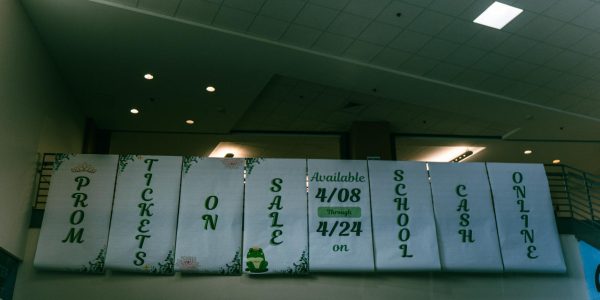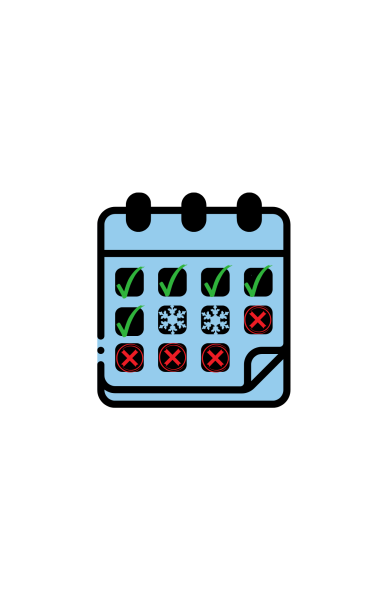The Strangers Project: Collecting Stories Since 2009
Our stories are what connects us as human being.
We all have this emotional, fundamental need to be heard and this need can be fulfilled by the stories we tell and hear. Regardless of race, gender, or religion, our stories help us relate to one another; they bind us as human beings. Brandon Doman had this same vision when he launched The Strangers Project in 2009.
The Strangers Project allows complete strangers to write a journal entry, anonymously, about anything about them that’s true. The result was a diverse collection of 7,000 stories and counting, about things that are happening now in the minds of people around us. This project delineates the belief that we all have stories to share, and we have to make the decision to tell the world our stories. “There’s a huge range of stories that people share, [and] its different [when] its someone is reading the story or writing the story, but…the one thing connecting all of them is one person making a choice to be connected…” said Brandon Doman, The Strangers Project founder.
Notice that when he says “connected” he doesn’t mean in a way to stay in touch, but rather to understand one another as human beings. Doman points out the difference between telling people where you are or what you’re doing, and actually understanding how they feel. He says, “We have the opportunity, nowadays, to broadcast, especially with social media, [but] it’s really surface-leveled stuff…They’re not necessarily right channels for people to express how they feel or say what they’re thinking. [The Strangers Project] became a way for people to do that.” This is important for people to understand, especially for high school students, where we spend more time on Twitter than actually communicating with one another. We don’t want to talk about how we feel because society has taught us that it’s not okay to tell people what’s going on in your lives. Projects like this one, refutes that notion by encouraging people to be more emotionally open.
Panther Creek students would also agree with Doman’s “broadcasting” theory: “You can’t understand a person through social media, because no one actually talks about what they want to talk about. They’re not going to talk about what’s going on in their lives because they’ll be labeled as an attention-seeker, needy, or desperate.” Junior Amari Carethers explained. “The cool thing about the Strangers Project is that it gives people the opportunity to reveal themselves as emotionally vulnerable, which is what we all wish to do.”
“The importance of vulnerability also plays a role; being emotionally open is something people are not accustomed to,” junior Victor Eduardo said, “I believe that the more vulnerable you are and the more you express yourself, then the happier you’ll be. It’s important for people to express themselves in a safe environment, especially for teenagers, where we often feel like we’re not good enough, we have to find some way of expressing those negative feelings in a safe way, and I think that the Strangers Project has made that possible.”
The success of the Strangers Project was unforeseen: “I thought this was going to be a one day project, and then I thought it was going to be a one week project, and [after] seeing the connection that people have had with it…really made me want to pursue this kind of stuff, not only this project, but other projects in the future.” Doman is also a founder of Send Silence Packing, a suicide awareness program and a traveling display of 1,100 backpacks, one for every 1,100 college students that die by suicide every year.
Doman has also founded other movements related to the Strangers Project. The Stranger Than Fiction Exhibit is a collection of hand-written stories from the Strangers Project located in the Fountain Gallery in New York City. Doman also started an International Story Day, where he asked people from all over the world to gather stories in their communities, and he’ll create an archive of them all.
The Strangers Project has become this underlying outlet for people to say what’s on their minds, because, “people have a desire to be connected, and I’m just trying to facilitate that,” said Doman.







